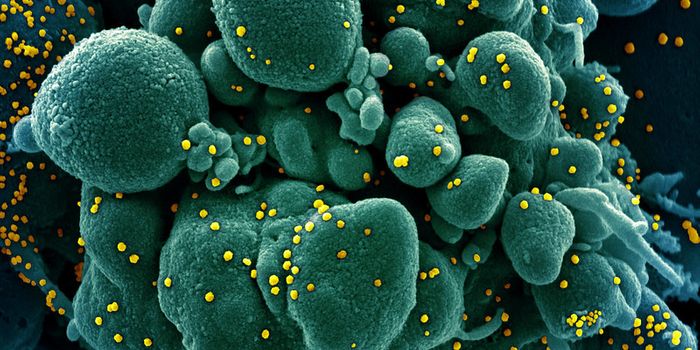Lithium in Tap Water Could Influence Dementia Risks
The levels of lithium in drinking water may influence a person’s risks for dementia, researchers from Denmark reported.
In a study of over 800,000 people, the researchers found that those exposed to high levels of lithium in their drinking water appear to have a lower risk of developing dementia and Alzheimer’s disease. The association would seem to suggest constant and high exposure to lithium may confer some protective effects against cognitive decline.
Lithium is the third element in the period table, and it is no stranger to mental and neurological disorders. In 1949, Australian psychiatrist John Cade discovered that lithium seemed to be effective for bipolar patients who went through manic phases. The drug was later approved by the FDA in 1970 as a mood stabilizer. Since then, the chemical has been prescribed to treat mood disorders for well over 50 years.
And indeed, it was that clue that prompted researchers University of Copenhagen to investigate the effects of lithium in drinking water on dementia risks in the general population. All told, the team surveyed over 73,000 Danish people with dementia as compared to over 733,000 healthy people.
In people who had the highest level of lithium in their drinking water (greater than 15 micrograms per liter), the team found a 17 percent corresponding reduction in dementia risks.
But before we encourage the flooding of lithium into every drinking water supply, there are several caveats that make the link not so tidy.
While the team found dementia risks decreased with high levels of lithium exposure, they found people who had moderate exposure to lithium (5-10 micrograms per liter) had a 22 percent increase in dementia risks. This finding suggests that lithium could influence dementia risks in either direction, depending on the dose of exposure. Furthermore, it implies that there may be narrow “sweet spot” where lithium could curb dementia development.
Another caveat is that, even at the high range, lithium levels in drinking water are still significantly lower than the doses prescribed to patients. As such, any protective effects of lithium in the water may be small when compared to the effects of prescription lithium.
And finally, the study did not prove that lithium reduces dementia risks. By its design, the study sampled a population and found a pattern between high lithium levels and reduced dementia risks. This association result is just the start of more interesting queries.
"This is the first study, to our knowledge, to investigate the association between lithium in drinking water and the incidence of dementia,” the researchers wrote in their study. Higher long-term lithium exposure from drinking water may be associated with a lower incidence of dementia. However, confounding from other factors associated with municipality of residence cannot be excluded."
Nevertheless, the promise of a cheap and accessible solution to halting dementia is undoubtedly enticing.
Additional sources: BBC









